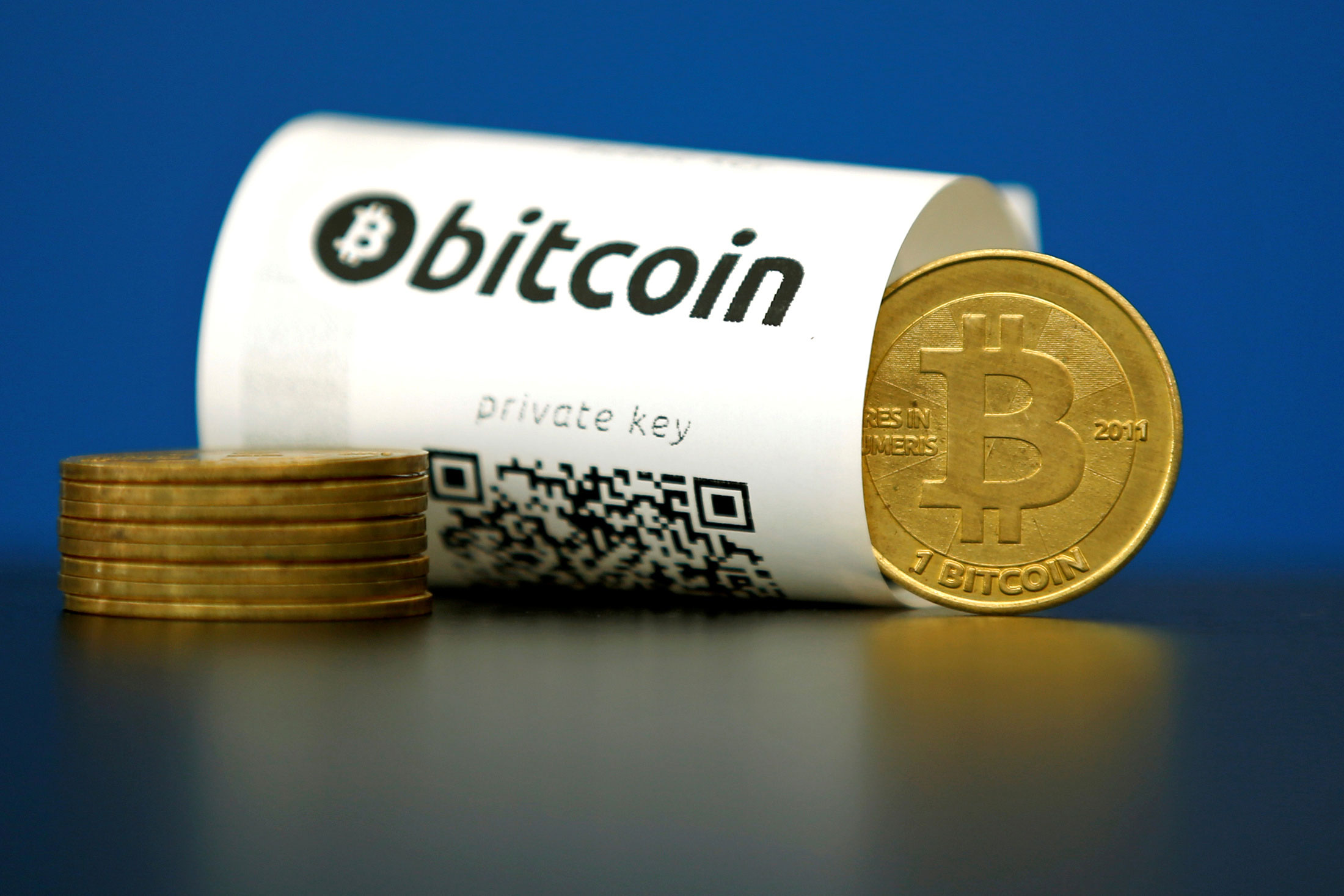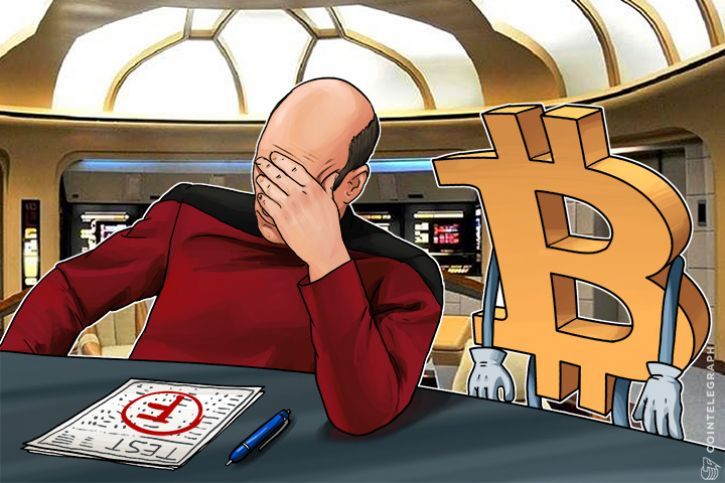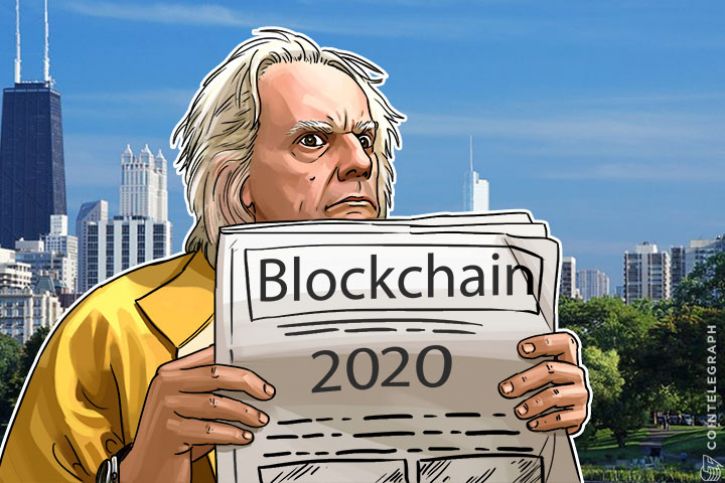Things to be Learned About Bitcoin From Living On It For A Week
It is possible to live on Bitcoin in San Francisco for a week. It cost me about 4.85 Bitcoins. I sometimes had to live on the fringes to get by. It is only recently possible to live on Bitcoin for a week. Three of the four merchants I relied on for my most basic need — food — only started accepting Bitcoin in the last month. It would have been much easier to do my experiment in Berlin. I could have just hung out all week in Kreuzberg, a neighborhood with the highest concentration of merchants accepting Bitcoin, including, importantly, a bar.

It’s disconcerting to live on Bitcoin with the currency volatility. The buying power of my little 5 Bitcoin bank has fluctuated wildly since I created it, from a BTC valuation high of $140 USD to a low of $90 USD. I bought 28 mini-cupcakes at the low point for .5896 BTC. They were $56 at the time (which is already crazy). Reevaluating at BTC's high point, I spent $86 on cupcakes. My expense report is going to be a nightmare. Bitcoin will not be able to stabilize as a currency until there are more places that list their prices in Bitcoin.
It’s hard to convince someone who has never heard of Bitcoin before to accept it as payment. You can simply choose to walk away from the person who won’t accept Bitcoin payment, but that is hard to do when the person is your landlord. Bitcoin is hard to explain to people. It is perhaps like what it was like explaining “Internet” in its infancy. The easiest way is to call it "the local currency of the Internet," "the Internet applied to money," or "stateless virtual money." Or given the mysteriousness of its unknown and now absent creator ("Satoshi Nakamoto") and the fact that thousands of people have turned their computers into autonomous mining drones working for mining pool operators that have spent and will spend years slaving away on Nakamoto's code to create new Bitcoins, this may actually be the Singularity's mint.
There will only be about 21 million Bitcoins made. That number will be reached in 2140. As of this writing, over 11 million Bitcoins are in circulation. Bitcoin is like digitally paying in cash, in that you can move money online from one person to another person without using an intermediary like a bank, a credit agency, a Paypal, or Western Union, and you can do so without attaching your identity to the payment. It’s like having your own email server and creating a different address for every message you send out. And it means no one can shut that wallet down — as happened to Wikileaks when payment providers refused to process payments sent to it.
But it is not like cash in that the movement of the money is traceable. The security of Bitcoin comes from the fact that the whole network sees that a particular transaction happened, and that money moved from one place to another place. It’s as if every time you paid in cash in the real world, the serial numbers were scanned so that you could trace the money as it moved around, making it near impossible to introduce fake new money.
So it’s less anonymous than you might think, but it would have worked very well for Junie Hoang, the actress who sued IMDb for posting her real age on the site. Hoang had scrupulously kept a pseudonym while working in Hollywood but when she paid for an IMDb Pro account, she had to use a credit card which revealed her real name. IMDb used her real name to find (and post) her birthdate. That wouldn’t have happened if she could have paid in Bitcoin. Other potential Bitcoin uses might include online purchases we don’t want to be associated with our identities. There’s been much attention paid to Bitcoin being the currency of choice for drug purchases on Silk Road, but it could also be useful for paying for the online purchase of porn or sex toys; embarrassing or illness-revealing medications; pregnancy tests (say if you don’t want the store you’re buying from to know you’re potentially expecting), or a donation to an organization where you wish to remain anonymous. As my colleague Andy Greenberg notes, Bitcoin accounts for 99% of the assets of non-profit Defense Distributed, maker of the 3D-printed gun.
In-person Bitcoin purchases rely heavily on QR codes. I’ve never seen so many people actually using QR codes. Living on Bitcoin is a great way to lose weight. As it is not widely accepted, you are prevented from spontaneous snacking. And because most transportation providers do not currently accept it, you must walk or bike a lot. I lost 5 pounds in a week. There are people who are very excited about the idea behind Bitcoin. They are the Bitcoin Believers. You can call them techno-libertarians or digital gold bugs. They like the idea of a monetary system not controlled by a government that doesn't have a Fed that can choose to print money when it wants to. They are generous. I received over 10 BTC in tips from enthusiastic readers.
There are people who are very excited about the financial opportunities behind Bitcoin. There is a whole economy of miners, mining equipment makers, payment processors, money exchangers, and speculators rising up around it. It is actually thriving. There are a ton of people trying to make money off of this thing. Some are legitimate businesses and some are pure gambles, such as the Redditor with a wife and child who used the $30,000 limit on his credit card to buy Bitcoin when it was valued at $14-25 USD and cashed out when it went above $200. He did not respond to a media request; he may still be celebrating.
If you're not a techno-libertarian or a Bitcoin opportunist, the appeal of Bitcoin is still revealing itself.
(1)It lets you make digital purchases in stores without revealing your identity (by using a credit card with your name and number on it). It would let you do the same thing online.
(2) Merchants can avoid paying high transaction fees and don't have to worry about fraudulent purchases that result in charge-backs. "When a transaction is done, it's done." If merchants were to offer discounts to Bitcoin shoppers, that would make the currency more appealing.
(3) For spending internationally or while abroad, you don't have to worry about converting your money to the local currency, and the conversion fees that go along with that.
(4) It allows people to make purchases when they are banned by other traditional payment providers.
"PayPal alone blocks access from over 60 countries, and many credit card companies have similar restrictions. Some are blocked for political reasons, some because of higher fraud rates, and some for other financial reasons," said WordPress in a blog post when it enabled Bitcoin payments. "Whatever the reason, we don’t think an individual blogger from Haiti, Ethiopia, or Kenya should have diminished access to the blogosphere because of payment issues they can’t control. Our goal is to enable people, not block them."
Timothy Lee is likely right that we don't really know all the ways it could be used yet: "Bitcoin allows wealth to be reduced to pure information and transmitted costlessly around the world—something nobody knew how to do before 2009. Its applications won’t be immediately obvious, especially to ordinary users." I won't totally believe in Bitcoin until I can buy a fresh cup of coffee with it. Bitcoiners are the new vegans. Merchants that offer their goods to this niche community can tap into a fervent and loyal customer base. OkCupid, WordPress, Reddit and others have already figured that out.
I am not the first person to try to live only on Bitcoin. In the summer of 2011, a 25-year-old electrical engineer went on a road trip from Connecticut to Los Angeles, only using Bitcoin the whole way. He accomplished this mainly by meeting up with people from the Bitcoin community to whom he paid BTC to buy things for him in U.S. dollars. He also got over 500 BTC in donations from the Bitcoin community. "It was pretty wild," he told me. "When I left 1 BTC = 1 USD; 1 tank of gas == 35 BTC. When I hit LA during the 2011 peak 1 BTC ~= 30 USD; 1 tank of gas == 1.2 BTC." He also survived, though he would not have had he obeyed my rule of only buying from merchants who sell goods and services for Bitcoin.
I couldn’t have done any of this story because I couldn’t pay for my smartphone with Bitcoin. The major flaw in my experiment: it would have been near impossible without the data plan on my Verizon iPhone — which is one of the things I couldn't pay for with Bitcoin.
Bitcoin is on the U.S. government's radar. The Treasury Department told Bitcoin exchanges in March that they need to do due diligence to prevent money laundering. James Freis, counsel at Cleary Gottlieb and former director of the Treasury Department's Financial Crimes Enforcement Network, says Bitcoin is unique in that it's not possible to regulate the administrator (the absent Nakamoto) — the administrator is now a diffuse network making Nakamoto's code a reality — but it can regulate the companies that exchange Bitcoin for cash. Freis says the guidance offered by the Treasury department doesn't mean Bitcoin is legal or illegal, but that the exchanges "have to follow the rules.” Freis is skeptical about Bitcoin's future. "Bitcoin only has value because people accept that as a form of payment," he says. "But that acceptance could go away in an instant.”
Chuck Reynolds
Contributor
Alan Zibluk Markethive Founding Member













